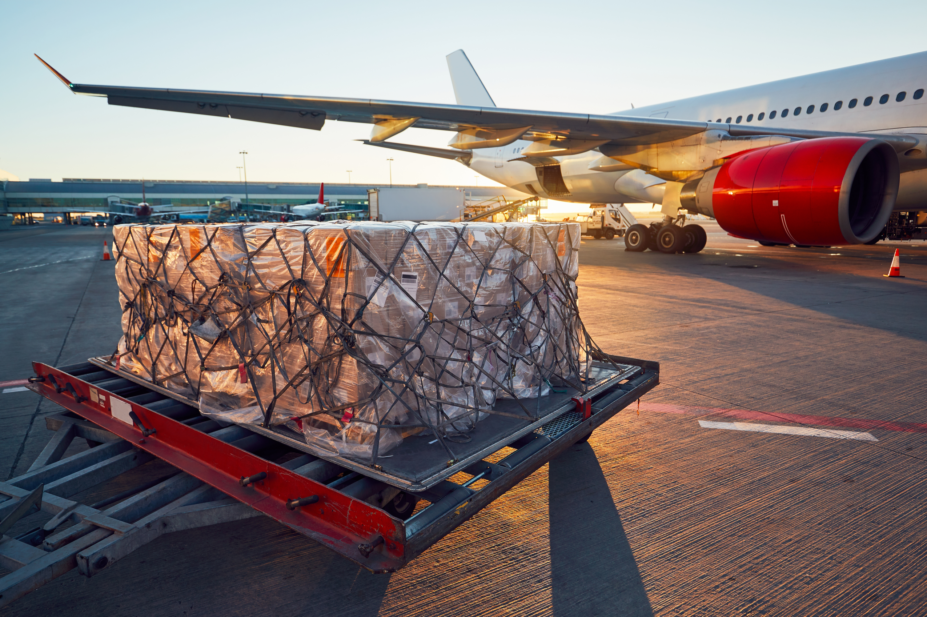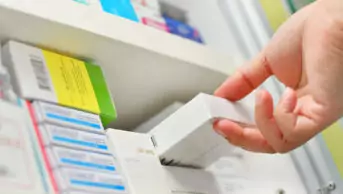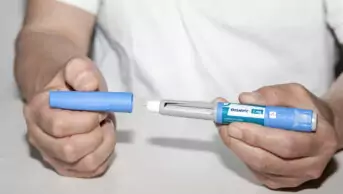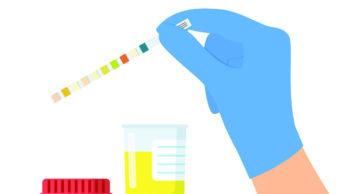
Shutterstock.com
Plans for daily importing of medical isotopes by plane in case of a no-deal Brexit were found to be inefficient following a government review, the NHS Confederation has said.
Speaking to The Pharmaceutical Journal, Layla McCay, director of international relations at the NHS Confederation, said new plans to use a door-to-door service will be “a more reliable way to get things where they need to be”.
McCay’s comments come after the Department of Health and Social Care (DHSC) put a contract worth £3m out for tender on 1 July 2019 for parcel services able to “provide a full international express transport service with delivery to end consignee locations in the UK”.
The “express freight service”, which is expected to have full track-and-trace capability, would be expected to be ready to transport medical isotopes as well as other “time-sensitive shipments” ahead of the UK leaving the EU on 31 October 2019.
McCay said that, in the lead up to the original Brexit deadline on 29 March 2019, “the plan had been to commission a plane to fly daily between the EU and the UK carrying things that were needed urgently”.
But she added that a DHSC review of its Brexit planning “identified that that’s not an incredibly efficient way of doing it”, she said.
“You might get something on to a plane but then there’s no guarantee that there would be a lorry at the other end to take it where it needed to go,” she said.
“This time, rather than commissioning specific planes, they’re going to be using an end-to-end logistics service for these items that have to get somewhere extremely quickly or those items that are at risk of not being able to get there by the planned route in time.”
McCay explained that “an end-to-end logistics service” is a “door-to-door service where it’s tracked all the way”.
According to lobby group Scientists for EU, 80% of medical isotopes used in the UK are imported from the EU, with around 1 million patients relying on this type of medicine.
Sandra Gidley, president of the Royal Pharmaceutical Society, said the new proposed service “is a much improved situation on what we had before, but a no-deal Brexit would still mean uncertainty when it comes to these vital medicines, adding stress to patients who are already undergoing a stressful period in their lives”.
A spokesperson for the DHSC said: “Where medicines have a short shelf life and cannot be stockpiled, such as medical radioisotopes, we are supporting suppliers to put in place plans to air freight these medicines, so patients can continue their treatment uninterrupted.”
Where these plans put in place by suppliers fail, the “express freight service” will act as a last resort to bring medicines and medical products — including medical isotopes — required urgently into the country, the DHSC said.
You may also be interested in

Mandatory ‘eight-week buffer stock’ requirement not met by medicine suppliers, reveals audit

Government declares ‘national shortage’ of GLP-1 receptor agonists for type 2 diabetes until 2024
